Throughout the COVID-19 Pandemic we have been interviewing Prestonians to capture their experience of lockdown as part of our living city archive.
On 25th May 2020, George Floyd, a Black American man, was killed by a white police officer in Minneapolis. The White police officer knelt on Floyd’s neck for nearly 8 minutes while Floyd repeatedly said ‘I can’t breathe’. Black Lives Matter protests began in America, sparked by another case of police brutality against Black people.
These protests soon reached the U.K. We had been in a lockdown for over 2 months when the protests began. High profile protests took place in Manchester and London as well as locally on Preston Flag Market, largely organised by Preston Windrush Generation and Descendants.
These events were captured by photographer Kostek Poland here.
Over the coming weeks protests grew, social media campaigns on reforming education and getting justice were shared and discussions over global and national racism were being had. While some Black Lives Matter Protesters toppled statues of former slave traders, began campaigns and encouraged us to have conversations about racism other protesters opposed them with White Lives Matter banners at their own protests and their own social media opinions.
Chris, a local DJ, spoke about how he got involved with the Black Lives Matter movement following George Floyd’s death as part of his interview on lockdown.
During our Living City interviews with the people of Preston many people started to talk about the Black Lives Matter movement and racism in Preston following the national and local demonstrations.
How support is given and how change is made is something that came up in multiple interviews. Chris felt that politicians, including those in Preston, were guilty of ‘flag waving’ and not taking part in real action. He talked about the need to reform education so that we are taught about the role of slavery in Britain’s empire so that these seeds are ‘planted at all levels’. Many people in the U.K. have similar sentiments with a petition to teach British children about the realities of British Imperialism and Colonialism gathering over 350,000 signatures.
While for Chris joining the Black Lives Matter movement was any easy decision for other interviewees supporting the Black Lives Matter campaign felt more complicated.
Lyn, a fitness instructor, spoke about how she felt the Black Lives Matter movement had caused more division and that the terminology of Black Lives Matter causes separation. She spoke about understanding the awful racism in America but that she doesn’t understand ‘why in the the UK we’ve become so Americanised’.
Summarising her thoughts she said that for her the Black Lives Matter movement doesn’t show exclusivity but shows ‘greater division’.
Kay also commented on divisions arising from the Black Lives Matter movement however for her it was in reference to how the community spirit had shifted during the pandemic when the Black Lives Matter protests had begun.
Kay spoke about her anger at local people who she felt were unwilling to educate themselves and she felt were not supportive of the movement because it doesn’t affect them.
For Chris the involvement of all of society in the Black Lives Matter movement is important. He talked about how his ‘white brothers and sisters need to raise their voices for us’, explaining that there are ‘some places we can’t get to because they won’t let us’ and talked about how our society is built on slavery.
This notion that there are spaces where Black people are not heard was also explored by Adrian who recalled a story in which a Black man was offered a job but only if the white employees agreed to work with him.
Adrian also spoke of some of the reasons people may not be supportive of the Black Lives Matter protests and why he feels the movement is often misinterpreted as being about Black Power.
Russell, a musician, spoke of his support for those rioting. He talked about #BlackoutTuesday on social media and trying to find the right way to speak out. The conflict between speaking out and saying the wrong thing was also something Adrian spoke about, saying that for too long his white friends have felt nervous of saying the wrong thing; ‘people didn’t want to say anything in case they said the wrong thing so we stopped talking to each other’.
Adrian, Chris, Kay and Russell all agreed that there is a need to have conversations and educate ourselves so we can learn from each other.
Adrian also spoke about how African Caribbean cricket teams broke down many barriers in Preston. He also spoke about people not understanding his relationship to his granddaughter because she was so fair skinned, ‘they just didn’t get it’ he said.
Chris talked about how it is the younger generation that are benefitting from positive change.
“Multiculturalism is seeing the world in 3D…Young people can and are benefiting from multiculturalism but Britain has a long way to go.“
Do you think Preston is racist? How do you think we can create an equal society and a Living City for everyone?
The Living City project is produced by They Eat Culture, & supported by the Community Lottery Fund & Arts Council England.

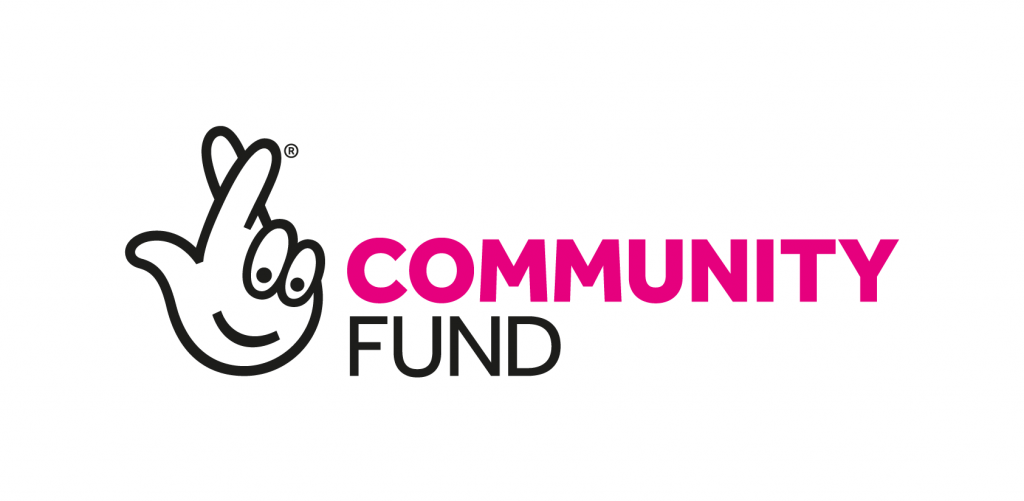
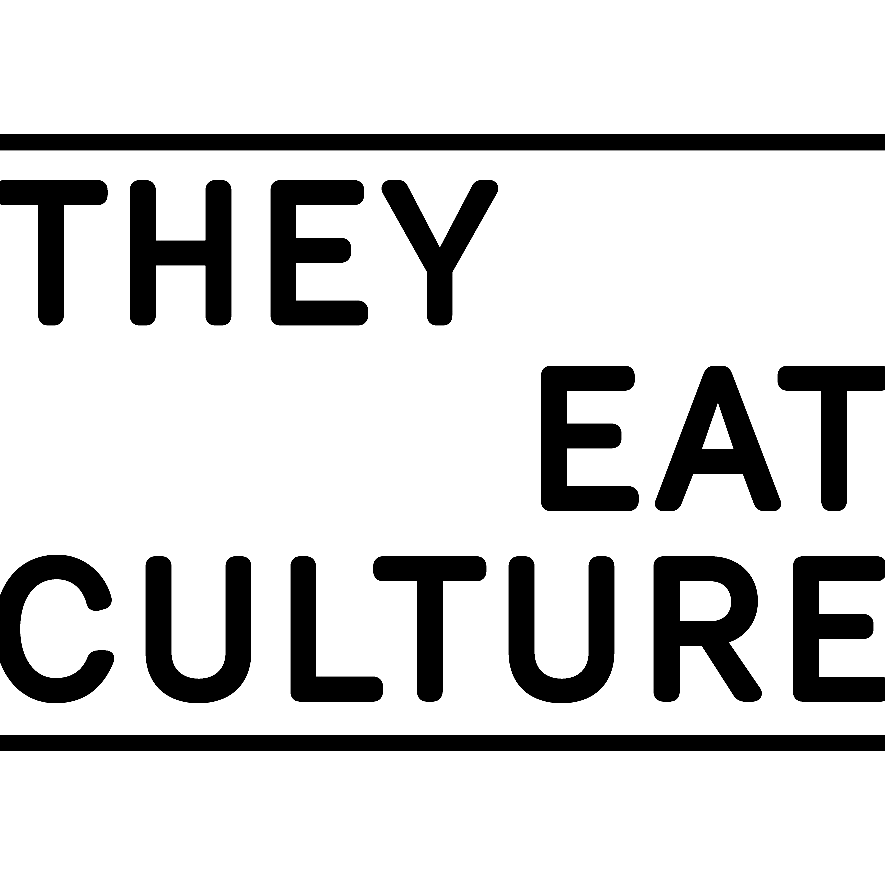

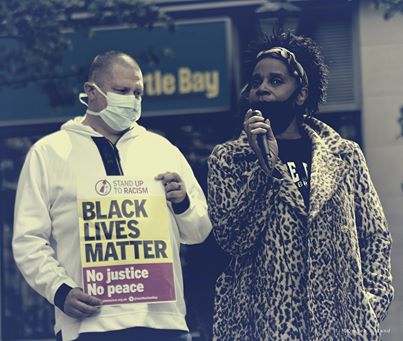
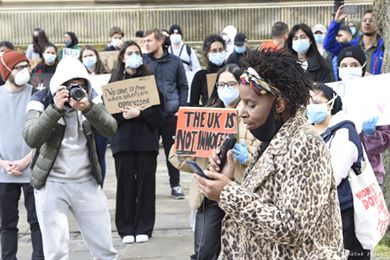
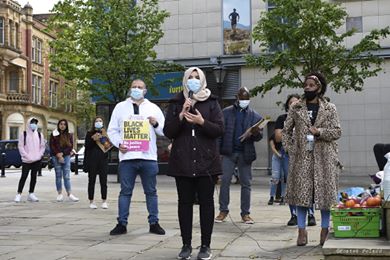
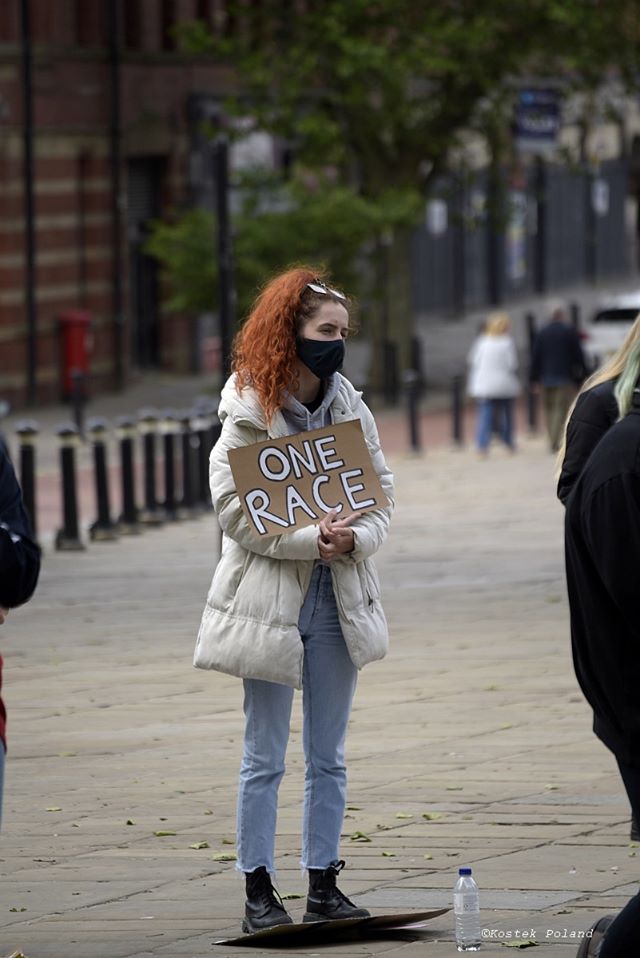
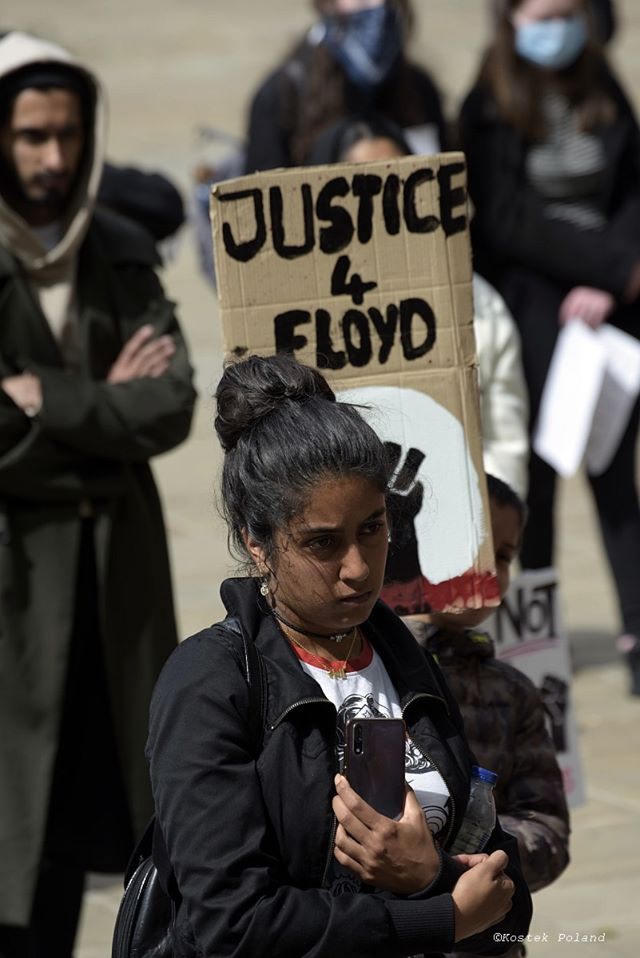
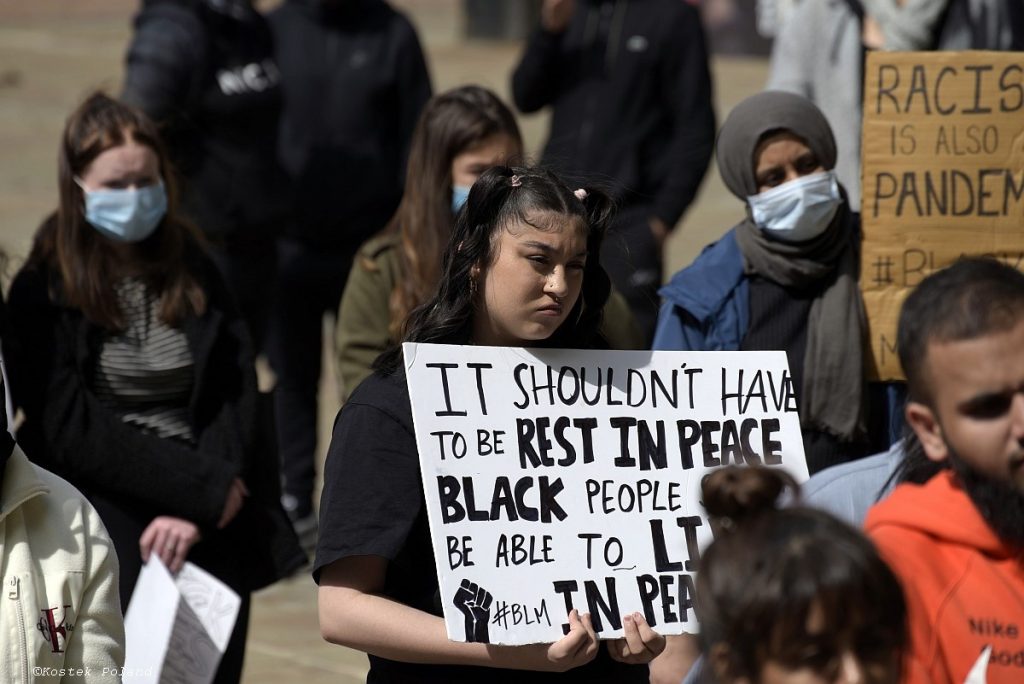
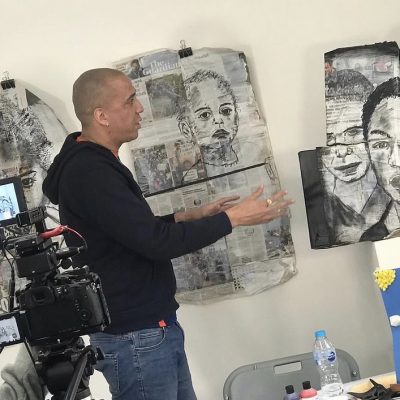
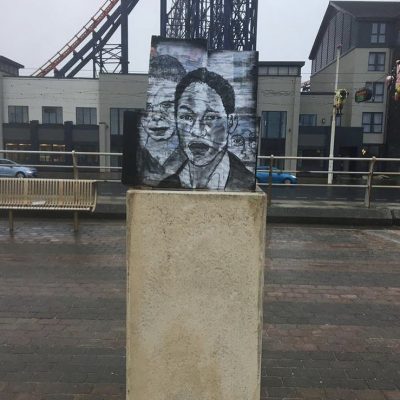
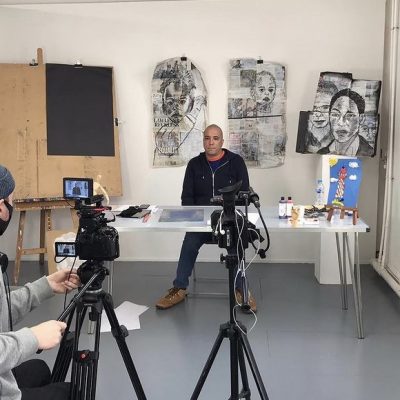
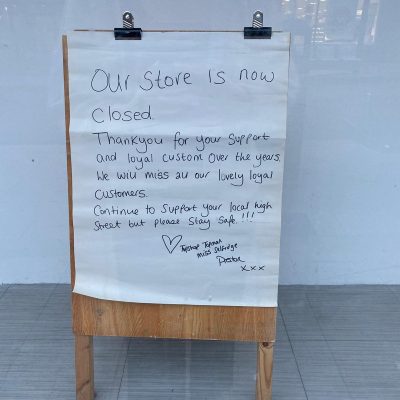

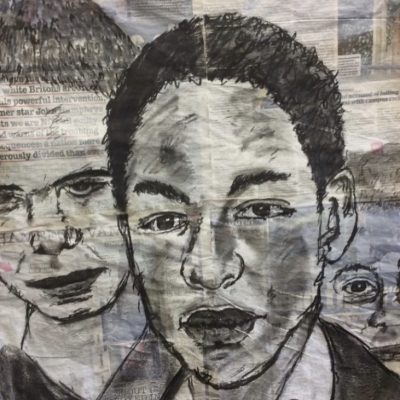
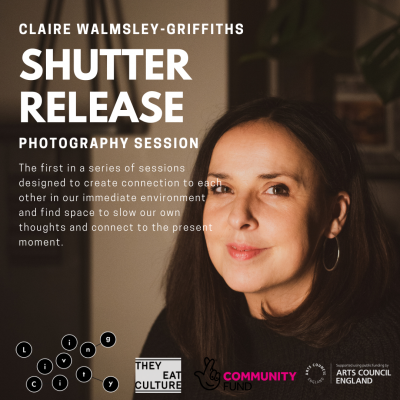
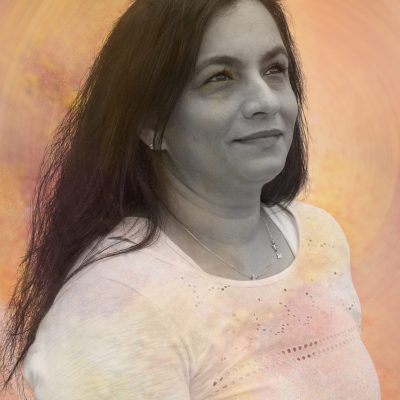
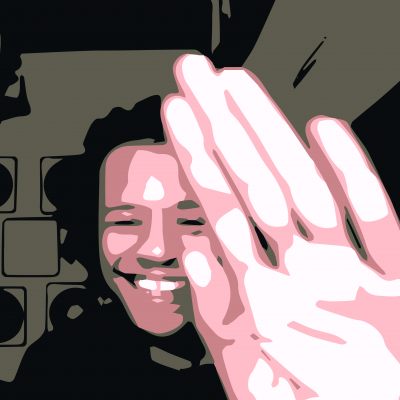
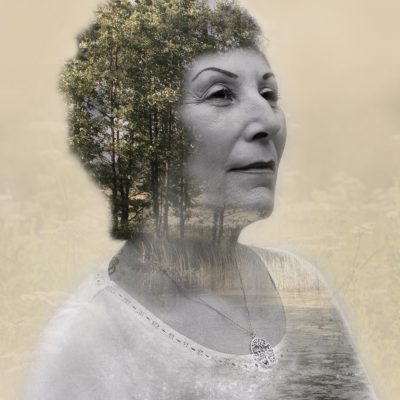
Leave a comment